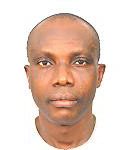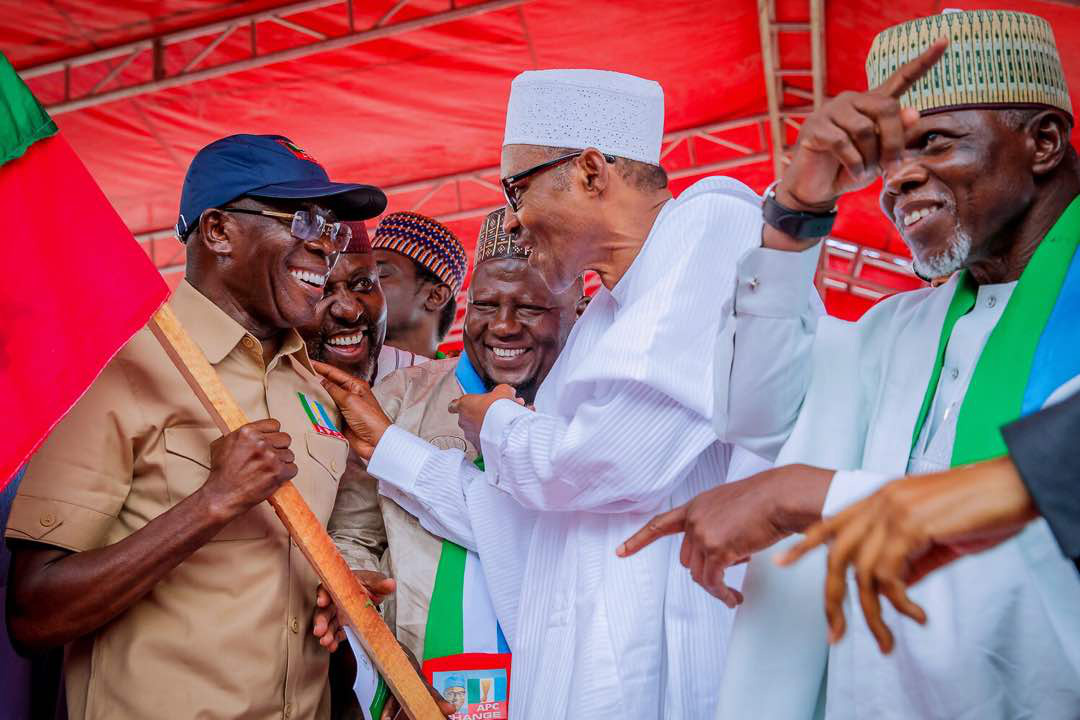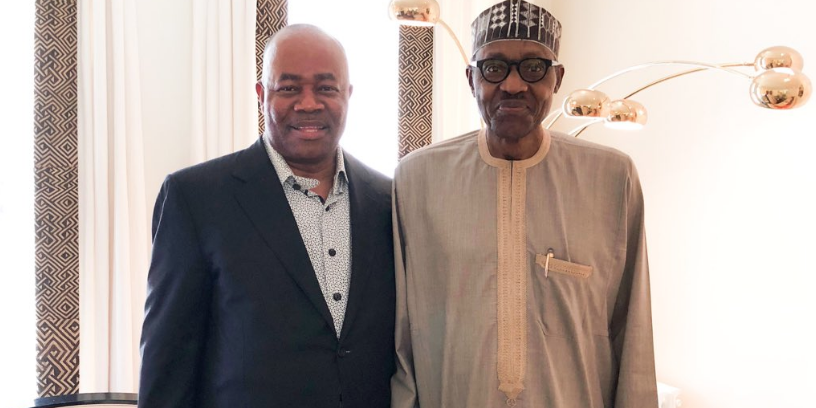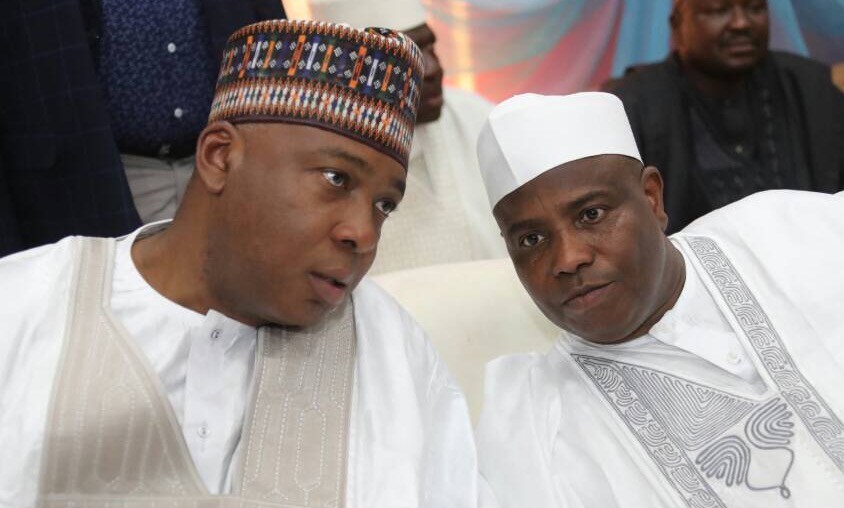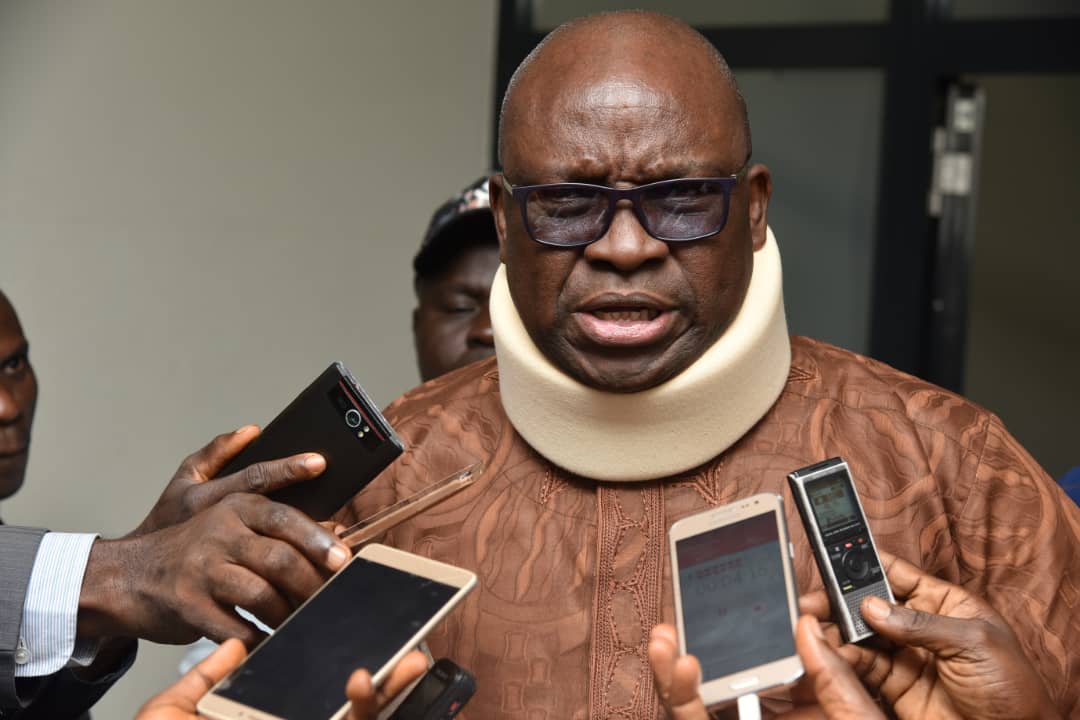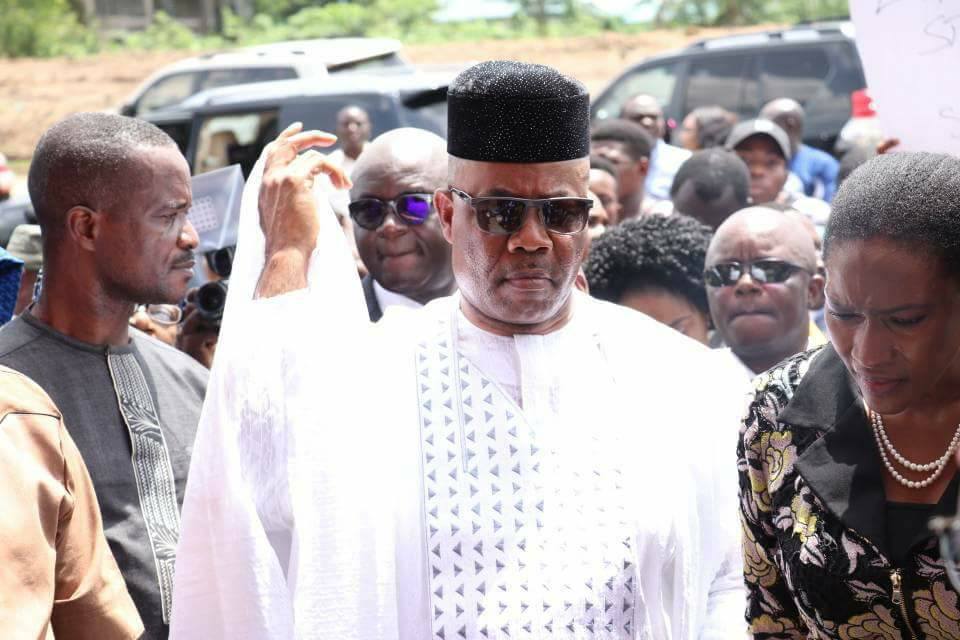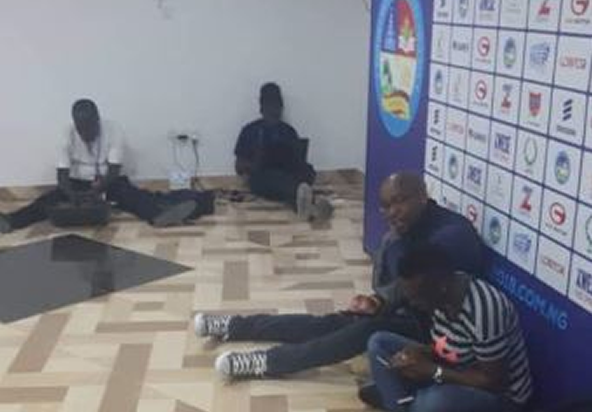Lately trending on the social media was an audiovisual clip from the 2018 National Prayer Day in Kenya. Perhaps you’ve come across it. In the short clip, President Uhuru Kenyatta and his arc political rival, Raila Odinga, did the unprecedented: they large-heartedly embraced each other in a rare gesture of mutual rapprochement, along with their deputy candidates for the East African country’s highly contentious presidential election in August 2017. They also mutually tendered unreserved apology for their past political hostilities and asked each other’s forgiveness.
The significance of that gesture at the national prayer event lay in the long history of political rivalry between Kenyatta and Odinga, which had accounted for the viral violence that trailed the December 2007 poll in their country and left more than 1,000 persons dead, with hundreds of thousands more displaced from their homes. Even the 2017 election that was essentially a two-way race between these political gladiators recorded a number fatalities in sporadic outbreaks of violence associated with the poll, though on a much more lesser scale compared to 2007.
Rivalry between the two men dates back long in time to their biological fathers, who were themselves leading lights and arch-rivals in the first generation of Kenya’s political elite. Besides, it is deeply rooted in the tribal character of that country’s politics. And so, it wasn’t by any means a slight incident that 73-year-old Odinga from Luo ethnic stock stepped up on the dais to apologise on behalf of himself and his political campaign for insults he had freely traded with Kenyatta. For his part, the 56-year-old president, who is from the Kikuyu stock, regretted that the two had always campaigned against and said nasty things about each other. He tendered his apology for that fact of history and asked Odinga’s forgiveness. They then sealed the mutual gesture with bear hugs with each other, and with their deputy candidates standing by on the dais.
This Kenyan event showed just how demonstration of political maturity by any set of leaders could heal even the most conflictual temperament of a fractious nationhood. The catch is: it also, by contrast, highlighted how deeply sunk into zero-sum mood party politics has become in our own country, Nigeria, as we gingerly head towards the 2019 general election.
Advertisement
Any discerning watcher of the Nigerian political scene since the build-up to the general election in 2015 could easily have predicted seismic shifts as were witnessed over the last couple of weeks in the All Progressives Congress (APC). Reason: the ruling party was hurriedly minted from an amalgam of opportunistic interests who coalesced with progressive politicians to form the political force deployed to evict then ruling Peoples Democratic Party (PDP) from power. In effect, APC has been more adept at winning power than in managing the power won to the satisfaction of all its stakeholders.
What wasn’t so predictable was that the same PDP, which was spurned and dumped in 2015, would just three years down the line become a courted bride of returnee defectors whose objectives didn’t get to meld with the core character of the ruling APC where they had pitched their tent when they initially jumped ship. Beside about 50 legislators from both chambers of the National Assembly who emigrated from the ruling party penultimate week, Senate President Bukola Saraki along with his associates, including former national spokesman of the ruling party, and as well three state governors – Samuel Ortom (Benue), Abdulfatah Ahmed (Kwara) and Aminu Tambuwal (Sokoto) – defected back to their former political habitat, the PDP, in the past week.
There is doubtless the question of morality: the issue of the proverbial dog returning to its vomit, and evident lack of ideological convictions as could have overridden motivations from self-interest and crass opportunism that obviously drove the action of most of the APC defectors. For instance, most of the defectors were, by their own admittance, instigated by personal disaffection and unfulfilled expectations from the ruling party. A notable exception is the Benue governor who said besides the difficulties he had with custodians of the party structure in his state, he was motivated to leave because of continuing massacre of his people by killer herdsmen who the Muhammadu Buhari presidency seem unable (some have argued it is indeed not eager) to rein in. The major considerations were all about the defectors’ personal interests and hardly about the people they represent.
Advertisement
But then, their motivation for joining APC when they first left the PDP was largely of this same character. The redeeming factor, perhaps, was that the citizenry in 2015 badly needed some fresh breath; and the defectors at that time held the aspiration of many Nigerians in trust without having formally negotiated such custody with the people.
Let it be made clear, however, that there is nothing unusual in politicians defecting to other parties, especially under the model of governance that we operate in this country. Actually, party realignment by players seems to be a feature of continuing maturation of the political system.
Contrary to popular notion, the United States from which we adopted the presidential model we here practise has had some experience of political defections in more than 200 years that country has been running and fine-tuning the model. They call it party switching in their own parlance. In the 19th Century, notable ex-Whigs like Abraham Lincoln and William Seward joined the Republican Party, while Hannibal Hamlin and Galusha Grow moved over to the Republicans from the Democratic Party. It was when the Democratic and Republican parties became firmly established that party switching became less frequent. In more recent history, notable party switchers include Senator Joseph Lieberman, who in 2006 ran for Senate on the platform of a little known party while still identifying as a Democrat. Other political figures like Ed Koch, Zell Miller and Colin Powell did not formally leave their parties, but supported candidates from the other party. For instance, Miller and Koch were Democrats, but they supported the presidential re-election campaign of Republican George W. Bush in 2004. Even the present American leader, Donald Trump, was a major donor to Democratic Clinton campaign before he threw his hat in the ring for the 2016 presidential contest on the platform of the Republican Party.
The point here is that defections are not exactly an aberration in electoral democracies. The challenge we have with our experience in Nigeria is the zero sum temperament of political players that inspires scorched earth disposition towards healthy rivalry. But then, elections in the real sense are a game of viable choices that should be available to voters. And so, our democracy will benefit more from a strong ruling party and a strong opposition as would give voters genuine alternatives over which to exercise their franchise.
Advertisement
A bigger challenge that we have is when security agencies and other state enforcement organs put in their boots to strengthen one interest against the other – even to the precincts of illegality. Now, let’s cut to the cheese: the role of the Police Force under the current Inspector-General, Ibrahim Idris, in attempted impeachment of the Benue Governor over the past week is extremely shameful. We have had experiences of policemen propping up minority legislators to impeach marked governors under past presidencies dating back to the Olusegun Obasanjo era, and they just didn’t cut the dice. There is no contortion of statecraft that could make such shenanigan do so now under the Buhari presidency. Actually, it could incur a blacklisting of our democracy by the world community.
Back to the Kenyan national prayer event. The example of Kenyatta-Odinga rapprochement should provide strong inspiration to Nigeria’s political elite on playing politics with deliberate maturity for the good of our country.
Please join me on kayodeidowu.blogspot.be for conversation.
Advertisement
Views expressed by contributors are strictly personal and not of TheCable.
Add a comment
